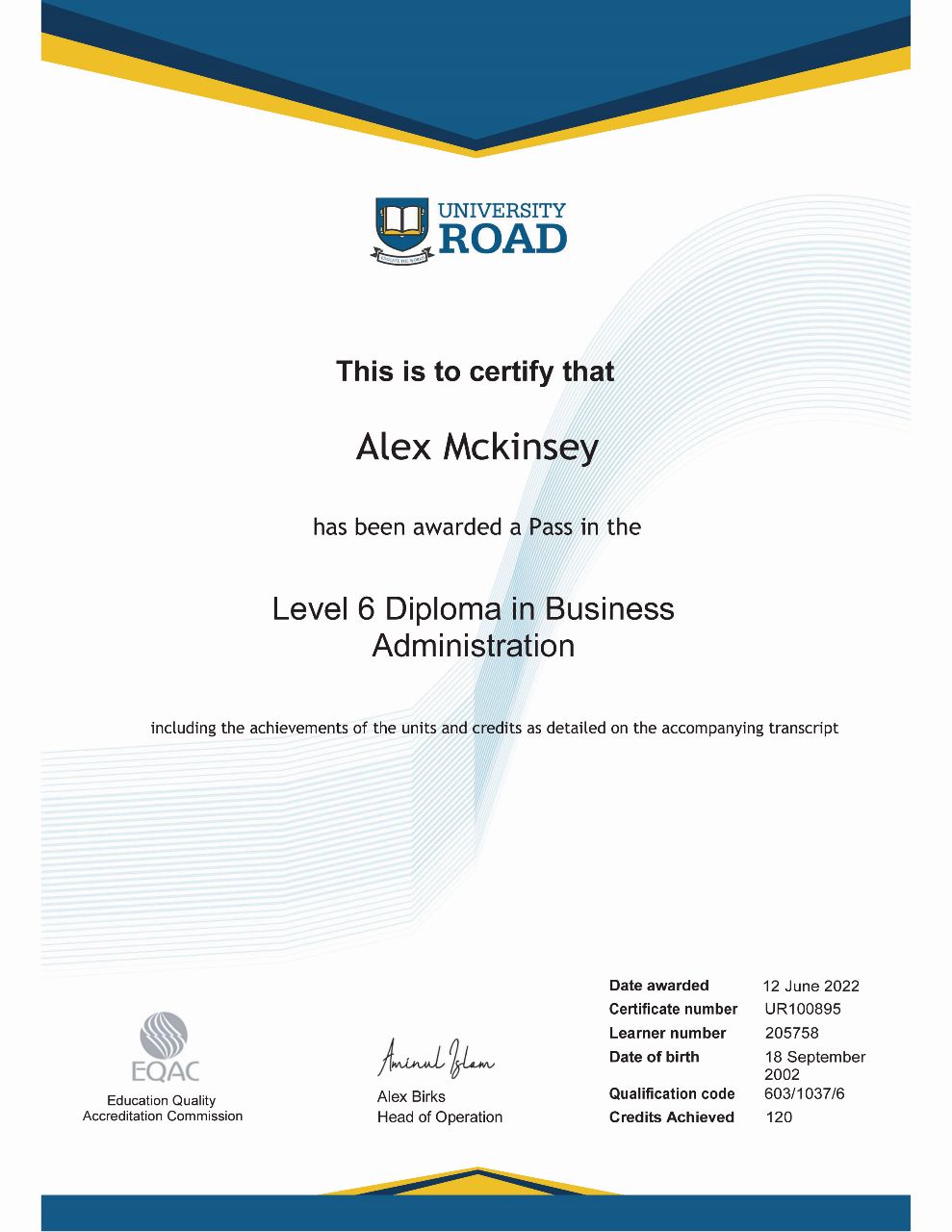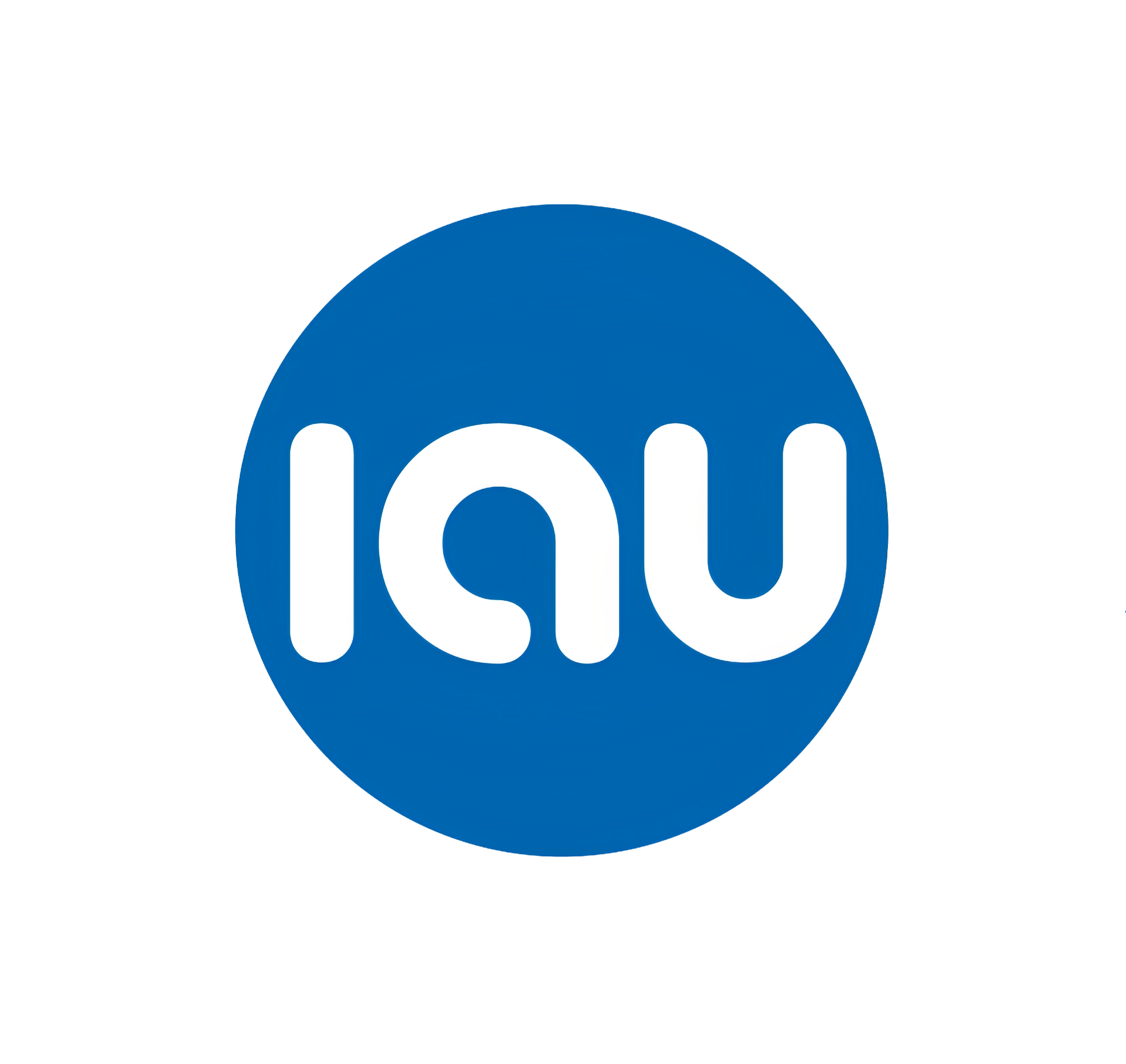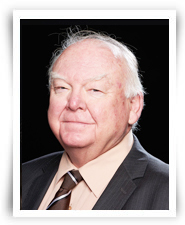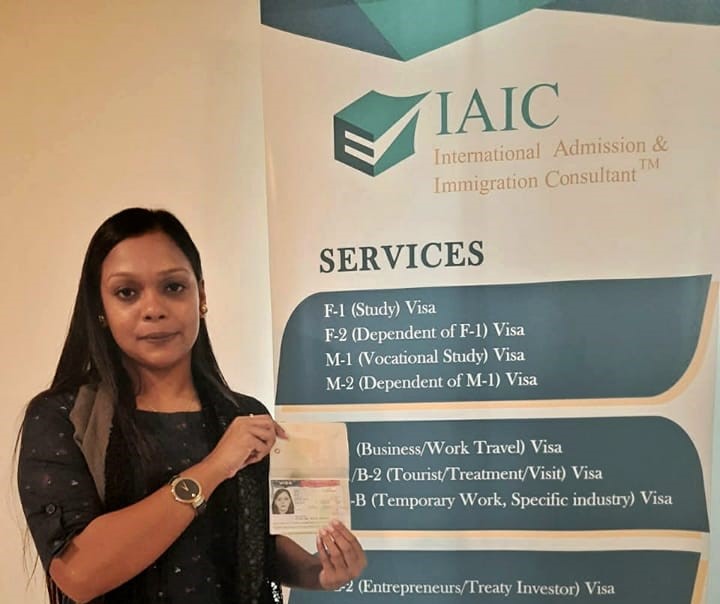Primary objectives of this program include equipping students with the knowledge and ability to:
- Career Advancement through learning and courses for Skill Enhancement.
- Global Networking experience and implement on professional works and training on Leadership Development.
- Produce clear, concise, and compelling written business documents that communicate a logical, relevant, and professional assessment of business information in an effective manner.
- Deliver oral presentations that use effective content, organization, and delivery, accompanied by appropriate technology.
- Use critical thinking to identify viable options that can create short-term and long-term value for organizations and their stakeholders.
- Demonstrate information literacy when conducting research on an existing company, identify improvements that may be needed and provide a plan to implement the plan with identifiable metrics to measure for effect.
English Requirements: TOEFL iBT: 71+, TOEFL : 530+, TOEIC: 720+, GRE: 400/140, IELTS: 6.0+, iTEP: 3.7+, PTE: 54-58+, Duolingo English Test: 95+, Language Cert: 65-69.
Medium of Instruction from your institution also accepted (should be mandatory to proved 3 years of complete learning medium was English).
A completed Bachelor degree is mandatory with a completion of minimum 50% of the total CGPA.
Maximum Total Credit Awarded is 6 units:
- Transfer Credit (TRC): 6 credits
- Standardized Exam Credit (SEC): 0 credits
- Prior Experiential Learning Credit (PEL): 9 semester credits
The course fee for this program for 1st year is 6300 USD(Per year) and one time registration fee 3000 USD.
Students can make payment using one of the following methods:
- Credit or debit card
- Bank transfer
This program focused in different sectors :
- Agribusiness
- Beauty Management
- Business Analytics
- Economics
- Healthcare administration
- Hospitality, Travel, and Tourism
- Human Resource Management
- Logistics& Supply Chain Management
- Luxury Brand Management
- Marketing
- Management Information Systems
Business administration at work is managing a company's operations and allocating its resources to meet predetermined goals and objectives. The title "business management" may also be applied to the position. It is a vast field that includes managing an organization's daily operations as well as its finances, marketing, human resources, and accounting. To realize the company's goal, business managers prepare long-term plans and projects as Chief Executives, Sales Managers, Quality Control Systems Managers, Human Resources Managers, Construction Managers.
Typical obligations include: Both individually and collectively, organizing and managing employees, adding fresh personnel, energizing workers, in charge of resources, reporting and managing the company's core functions.
This is only for online program students:
To complete a degree program from the Bangladesh campus at University Road, students will need to have consistent access to a computer with a reliable internet connection. If students are working on a computer that is not their personal computer and are unable to save documents, it's important also to obtain an external drive. Because there are no mandatory video materials for University Road courses, this drive can be a simple USB drive.
Most of the learning materials that students will be dealing with in their UR courses are compatible with Adobe PDF or Microsoft Office. Our learning platform, Moodle, can be accessed by the latest versions of IE, Safari, Opera, and Chrome, but we recommend that students use the latest version of Mozilla Firefox. Note also that although working through a mobile device is not recommended, it is an option. There is no need to purchase software to study at University Road.
Note that whatever system students choose to use, all files shared with Course Instructors and classmates must be saved in either Microsoft-compatible formats or PDF format.
FAQ
1. Is it available for students from every country?
Yes
2. How many hours per week?
15-20 hours per course per week.
3. How many students per class?
20-30.
4. Can students fail? Can students re-sit? How many times?
Yes, students can fail, and they are permitted to re-sit – once.
5. Are there opportunities for classes to meet in person?
The university Road does not facilitate face-to-face meetings as this would be impossible due to the global make-up of the classes.
6. How are students graded?
Students will be graded on performance on assignments that can include quizzes, discussion forum submissions, papers, case studies, projects, presentations, and more.
Cirtificate
Sample Certificate of IAU and University Road

Advantages of UR

Industry Mentors
·
Receive unparalleled guidance from industry mentors, teaching
assistants, and graders
·
Receive one-on-one feedback on submissions and personalized
feedback on improvement
Student Success Mentors
·
A dedicated Success Mentor is allocated to each student so as to
ensure consistent progress
·
Success Mentors are your single point of contact for all your
non-academic queries

Q&A Forum
·
Timely doubt resolution by peers and Teaching Assistants on the
Q&A forum
·
Personalized feedback on assignments and case studies
Expert Feedback
·
Personalized expert feedback on assignments and projects
·
Regular live sessions by experts to clarify concept-related
doubts

Industry Networking
·
Live sessions by experts on various industry topics
·
Group discussions
One-on-one
discussions and feedback sessions with industry mentors
Career Impact
Admission Details
APPLICATION PROCESS
Candidates can apply to this program in 4 steps.
ADMISSION COUNSELORS
We have a team of dedicated admissions counselors who can guide you as you apply for this Data Science certification. They are available to:
- Address questions related to your application
- Provide guidance regarding financial aid (if required)
- Help answer questions and understand the program
Get advice from our admission counselors.
Empowering learners of tomorrow
The Masters of Business Administration (MBA) degree program aims to develop students’ intellectual ability through an appropriate blending of business and general education. The program assists the student in understanding and developing the unique leadership qualities required to be successful in business functions, an organizational unit, or an enterprise. The coursework provides students with a solid business foundation in the field. An emphasis is on critical thinking, decision-making, and Christian ethical behavior. The MBA degree program is designed to provide students with opportunities to explore business administration and meet educational goals and enhance their career opportunities.















